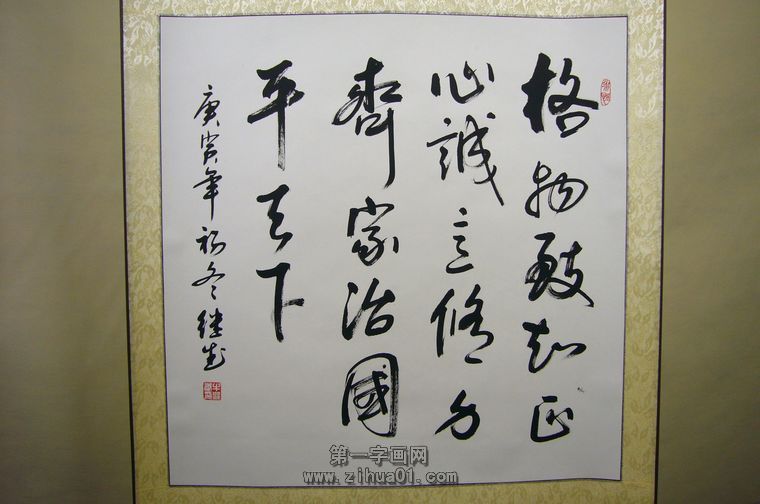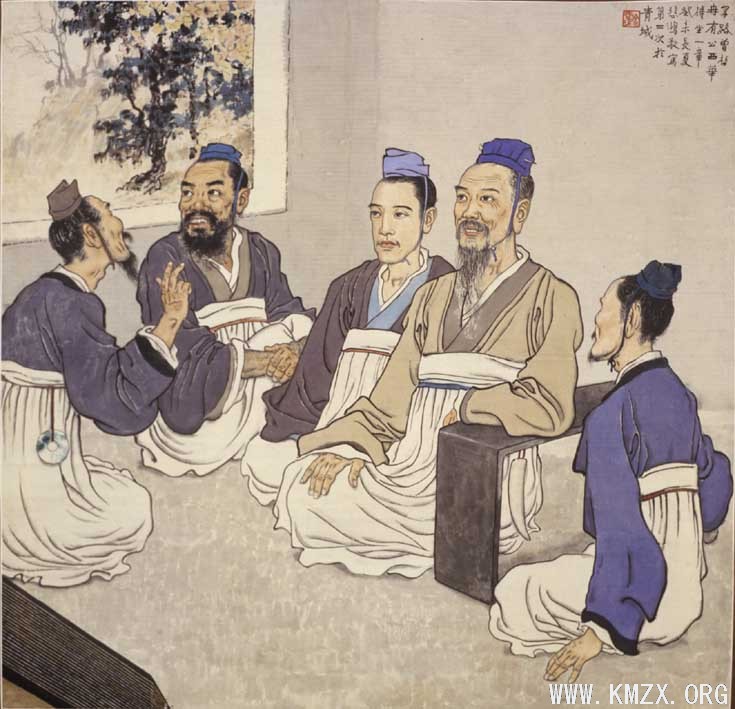Category: Online Class
-
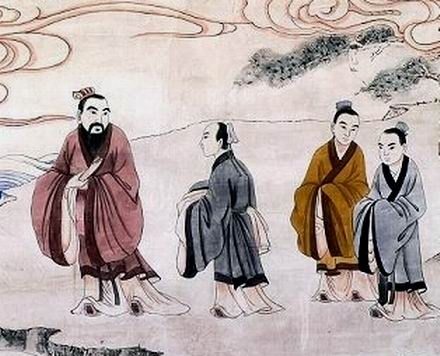
Confucius Analects – Confucius dislikes hypocrisy – 孔子论语 – 孔子不喜欢伪君子
5.6 Confucius dislikes hypocrisy 子曰、巧言令色、足恭、左丘明恥之、丘亦恥之、匿怨而友其人、 左丘明恥之、丘亦恥之。 The Master said, ‘Fine words, an insinuating appearance, and excessive respect;– Zuo Qiuming [Tso Ch’iu-ming] was ashamed of them. I also am ashamed of them. To conceal resentment against a person, and appear friendly with him;– Zuo Qiuming was ashamed of such conduct. I also am ashamed of it.’…
-

Confucius Analects – Food and Sleep – 孔子论语 – 吃饭睡觉
10.2 Confucius eating habits 食饐而餲、魚餒而肉敗、 不食、色惡不食、臭惡不食、失飪不食、不時不食。不多食。 He did not eat rice which had been injured by heat or damp and turned sour, nor fish or flesh which was gone. He did not eat what was discoloured, or what was of a bad flavour, nor anything which was ill-cooked, or was not in season. He did…
-
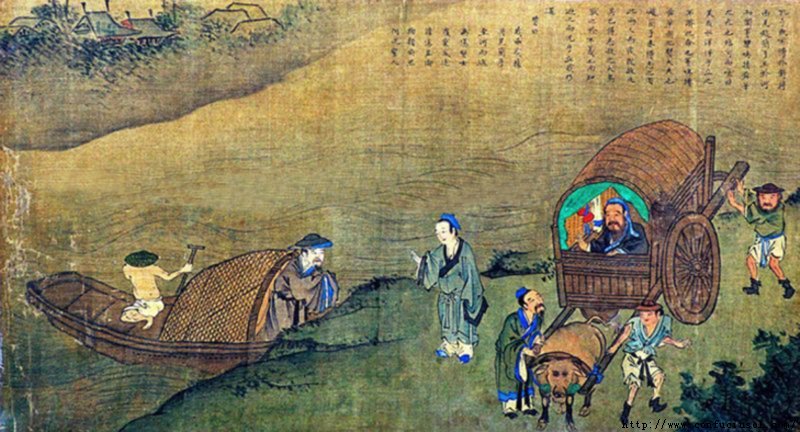
Confucius Analects – Life towards others (2) – 孔子论语 – 对人处世(2)
4.5 Learn from superior and mean man 子曰、見賢思齊焉、見不賢而內自省也。 The Master said, ‘When we see men of worth, we should think of equalling them; when we see men of a contrary character, we should turn inwards and examine ourselves.’ -> same as earlier class – There are teachers everywhere 12.3 Treat others as yourself 己所不欲、勿施於人。 not…
-
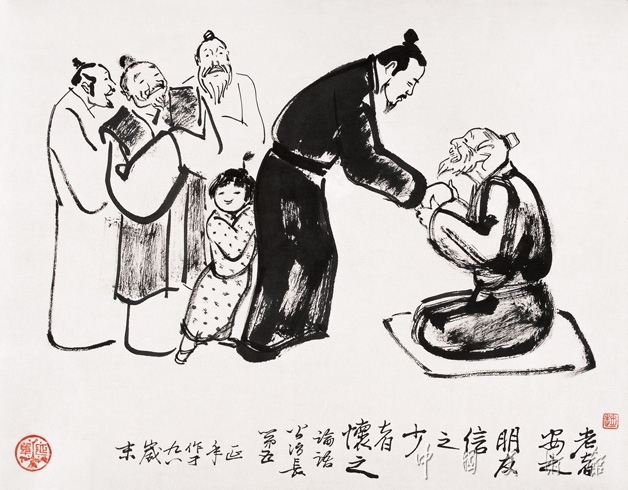
Confucius Analects – Life towards others – 孔子论语 – 对人处世
5.7 How to treat elders, friends, and young 子曰、老者安之、朋友信之、 少者懷之。 The Master said, ‘They are, in regard to the aged, to give them rest; in regard to friends, to show them sincerity; in regard to the young, to treat them tenderly.’ 1.3 Life and general conducts 子曰、弟子、入則孝、出則弟、謹而信、凡愛眾、而親仁、行有餘力、則以學文。 The Master said, ‘A youth, when at home,…
-
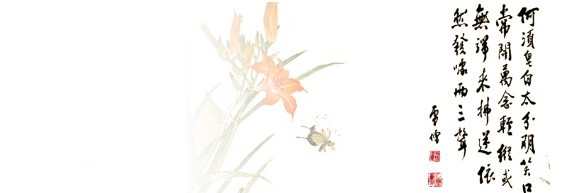
Confucius Analects – Avoid strange practices – 孔子论语 – 拒绝极端修炼
15.12 Choose learning rather than strange practices 子曰、吾嘗終日 不食、終夜不寢、以思、無益、不如學也。 The Master said, ‘I have been the whole day without eating, and the whole night without sleeping:– occupied with thinking. It was of no use. The better plan is to learn.’ * * * These practices of no food/no sleep are not to be followed blindly…
-

Confucius Analects – practice in all situations – 孔子论语 – 全方位修行
2.4 Conduct when alone, in different environment 子曰、吾與回言終日、不違、如愚。退兒省其私、亦足以發、回也不愚。 The Master said, ‘I have talked with Hui [Hui] for a whole day, and he has not made any objection to anything I said;–as if he were stupid. He has retired, and I have examined his conduct when away from me, and found him able to illustrate…
-
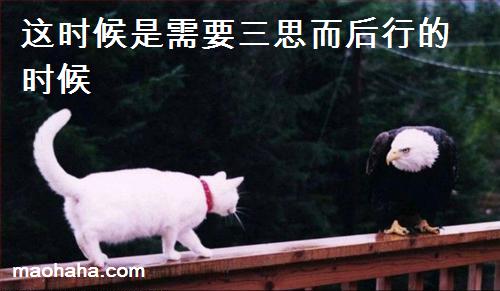
Confucius Analects – careful speech and conduct – 孔子论语 – 慎言慎行, 三思而後行
2.12 Careful speech and action 子曰、多聞闕疑、慎言其餘、則寡尤、多見闕殆、慎行其餘、則寡悔。 The Master said, ‘Hear much and put aside the points of which you stand in doubt, while you speak cautiously at the same time of the others:– then you will afford few occasions for blame. See much and put aside the things which seem perilous, while you are cautious…
-
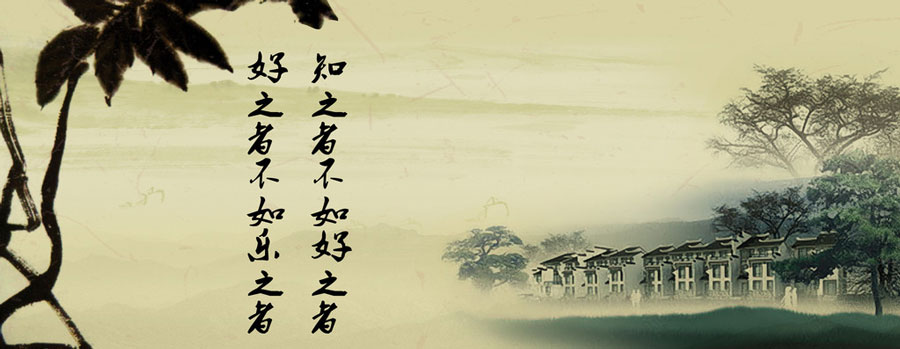
Confucius Analects – 3 Levels of Practice – 孔子论语 – 修行3阶段
Last week we finished our discussion on study. This week we start our discussion on practice. Practice is the application of knowledge in life. in Chinese practice is (修行), which includes study and application. Alongside with our ongoing study, let see what Confucius and his students had to say on how to practice, and how…
-
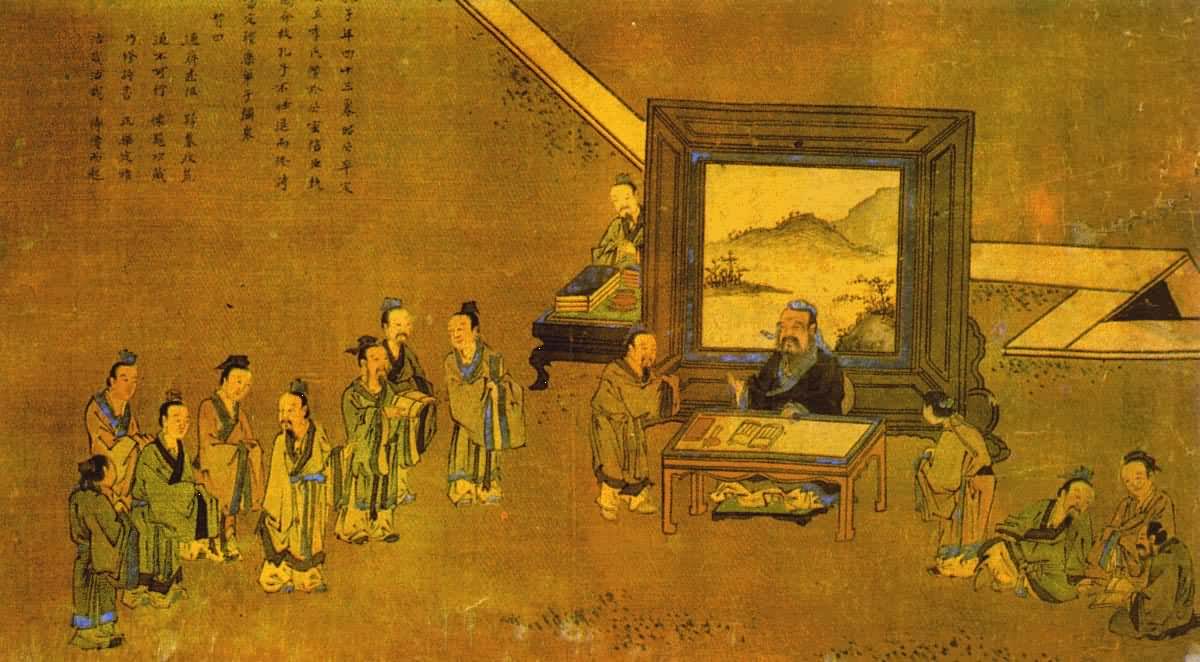
Confucius Analects – Balance Work and Study – 孔子论语 – 平衡工作与学习
19.3 Serving vs. learning 子夏曰、仕而優則學、學而優則仕。 Zixia said, ‘The officer, having discharged all his duties, should devote his leisure to learning. The student, having completed his learning, should apply himself to be an officer.’ * * * Zixia, a prominent student of Confucius, talked about the importance of balancing work and study. When we are in…
-

Confucius Analects – There are teachers everywhere – 孔子论语 – 三人行、必有我師焉
7.4 There are teachers everywhere 子曰、三人行、必有我師焉、擇其善者而從之、其不善者而改之。 The Master said, ‘When I walk along with two others, they may serve me as my teachers. I will select their good qualities and follow them, their bad qualities and avoid them.’ * * * Discussion: Last week there was a question about where or whom to learn from.…
-
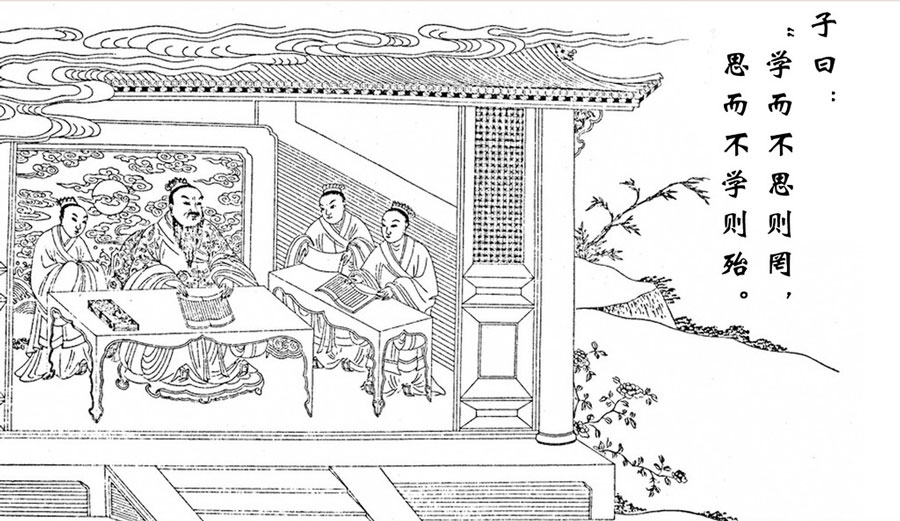
Confucius Analects – Study: ask, learn, and think – 孔子论语 – 学: 不恥下問,学与思
Last week we finished the discussion on the general image of a proper Confucius/Superior Man. This week we start the discussion on the topic of study. Study leads to knowledge. The world “knowledge” in Chinese, consists of two components: Learn (学)and Ask (问). Learn implies acquiring, while ask includes thinking and inquiring. These 2 components…
-
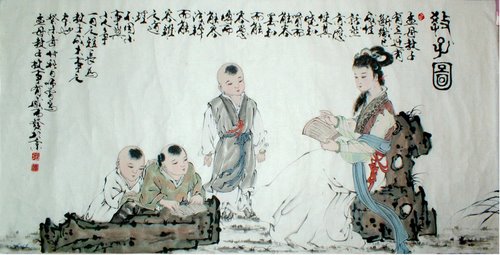
Confucius Analects – What superior man does not like – 孔子论语 – 君子亦有惡
17.5 What superior man does not like 子貢曰、君子亦有惡乎。子曰、有惡、惡稱人之惡者、 惡居下流而訕上者、惡勇而無禮者、惡果敢而窒者。 Zigongsaid, ‘Has the superior man his hatreds also?’ The Master said, ‘He has his hatreds. He hates those who proclaim the evil of others. He hates the man who, being in a low station, slanders his superiors. He hates those who have valour merely, and are…
-

Confucius Analects – People have different paths – 孔子论语 – 道不同,不相为谋
15.15 People have different paths 子曰、道不同、不相為謀。 The Master said, ‘Those whose courses are different cannot lay plans for one another.’ * * * Discussion: Despite of being connected, and sharing the same origin, we come here with different level of consciousness, and for different roles and purposes. Confucius said it is unrealistic to expect others…
-
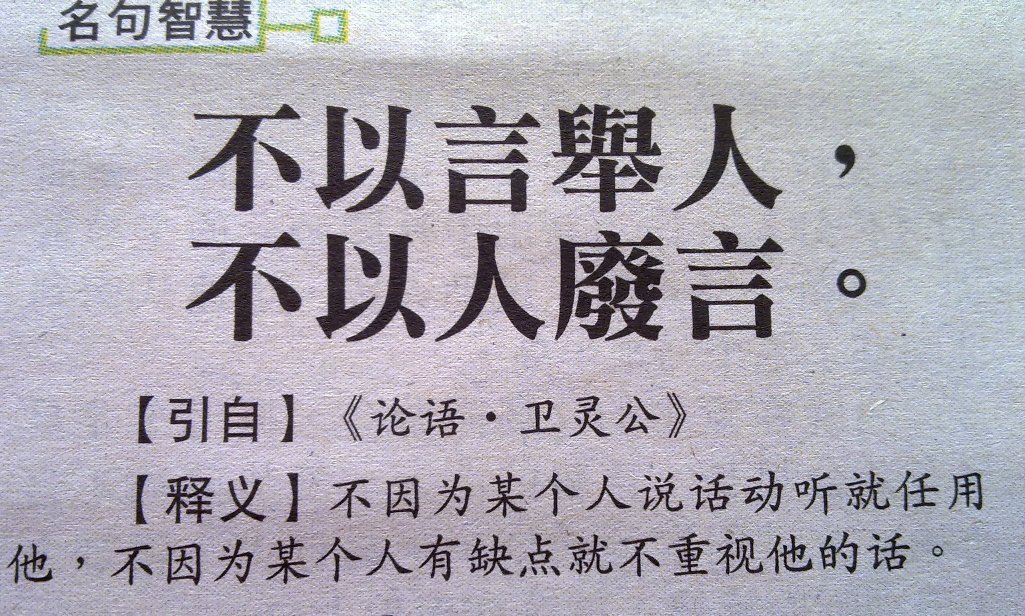
Confucius Analects – Observing a person – 孔子论语 – 君子不以言舉人
15.8 Superior man is impartial, does not judge people merely by their speech or reputation 子曰、君子不以言舉人、不以人廢言。 The Master said, ‘The superior man does not promote a man simply on account of his words, nor does he put aside good words because of the man.’ -> Don’t promote a man just because of what he/she says,…
-
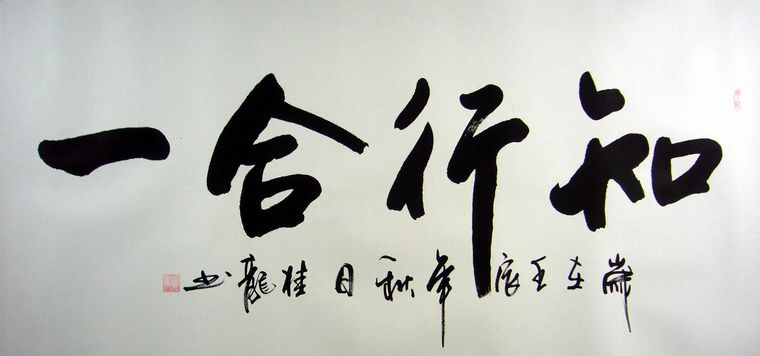
Confucius Analects – Truthfulness, Humility, Integration – 孔子论语 – 真诚,谦逊,贯彻实行
13.5 Qualities close to virtue 子曰、剛、毅、木、訥、近仁。 The Master said, ‘The firm, the enduring, the simple, and the modest are near to virtue.’ -> Further to appreciating simple lifestyle, strive to be simple, truthful, and modest towards others and towards ourselves. Not only it helps us develop trust from others, it helps us to develop honesty…
-
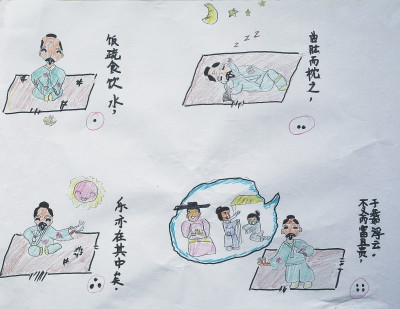
Confucius Analects – Accept life as it is, simple life
4.1 Proper attitude to face fortune and misfortune 子曰、富與貴、是人之所欲也、不以其道得之、不處也。 貧與賤、是人之所惡也、不以其道得之、不去也。 The Master said, ‘Riches and honours are what men desire. If it cannot be obtained in the proper way, they should not be held. Poverty and meanness are what men dislike. If it cannot be avoided in the proper way, they should not be avoided.…
-
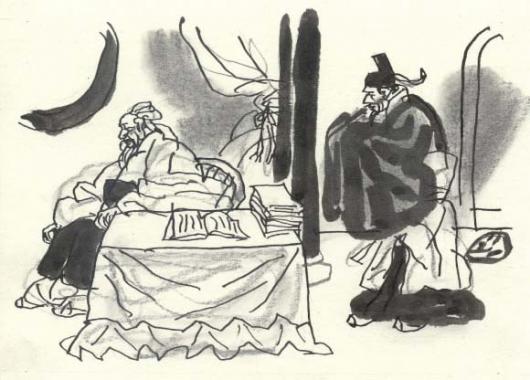
Confucius Analects – seek to understand – 孔子论语 – 不患人之不己知、患不知人也。
1.7 Seek to understand others 子曰、不患人之不己知、患不知人也。 The Master said, ‘I will not be afflicted at men’s not knowing me; I will be afflicted that I do not know men.’ -> With our diverse backgrounds and goals, we act, think, and behave differently. It is normal that we don’t understand others very well. Therefore, do not…
-
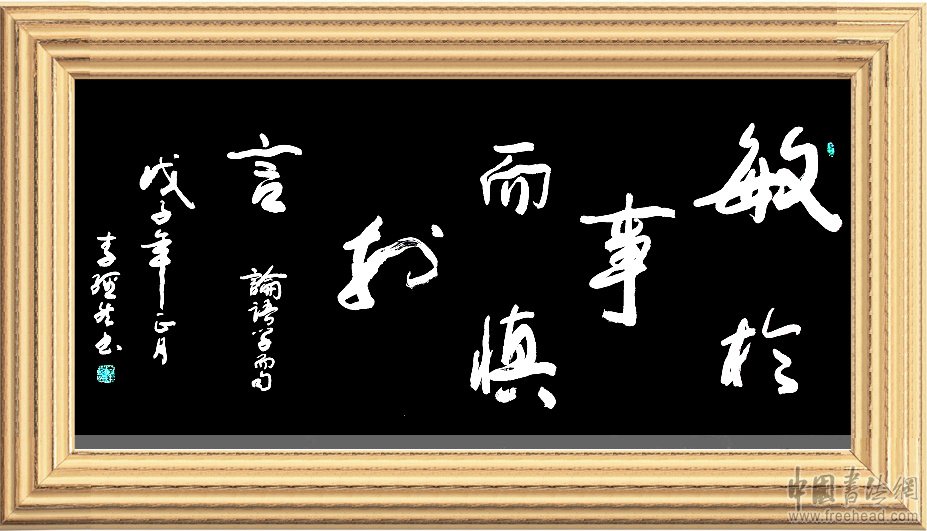
Confucius Analects – who love to learn? speech vs. action – 孔子论语 – 先行其言、而後從之。
1.6 Characteristics of man who love learning 子曰、君子食無求飽、居無求安、敏於事、而慎於言、就有道、而正焉、可謂好學也已。 The Master said, ‘He who aims to be a man of complete virtue in his food does not seek to gratify his appetite, nor in his dwelling place does he seek the appliances of ease; he is earnest in what he is doing, and careful in his…

